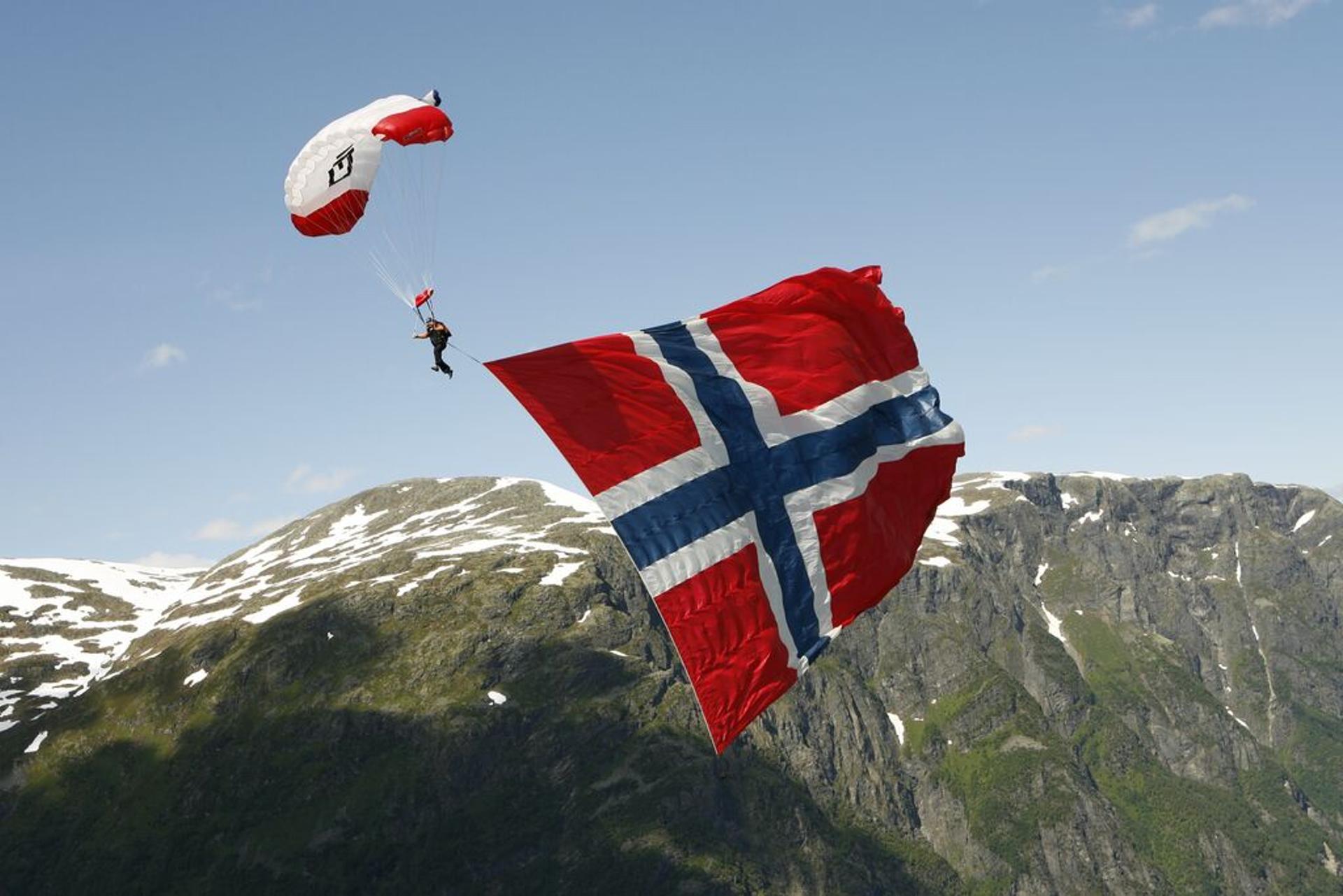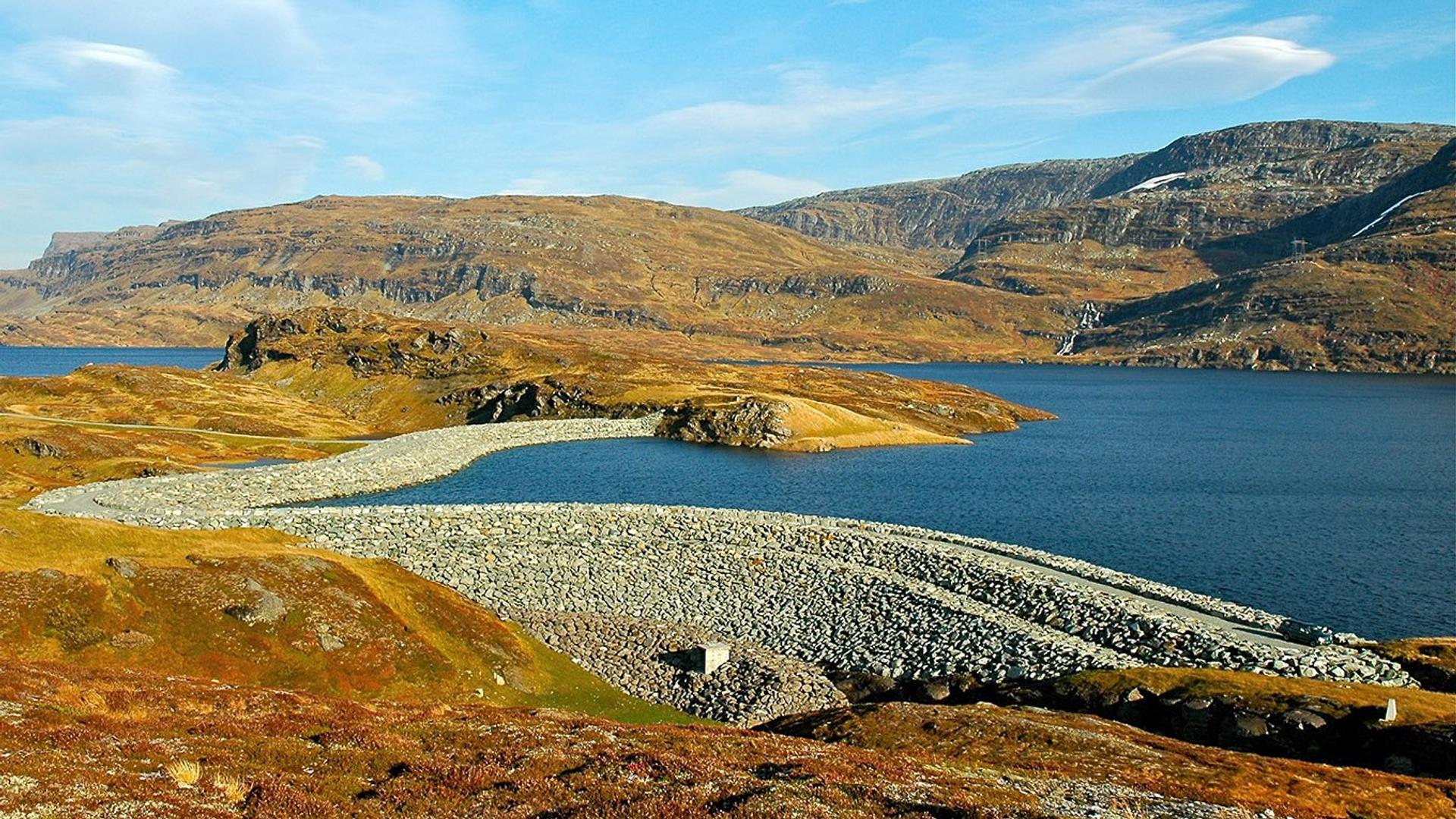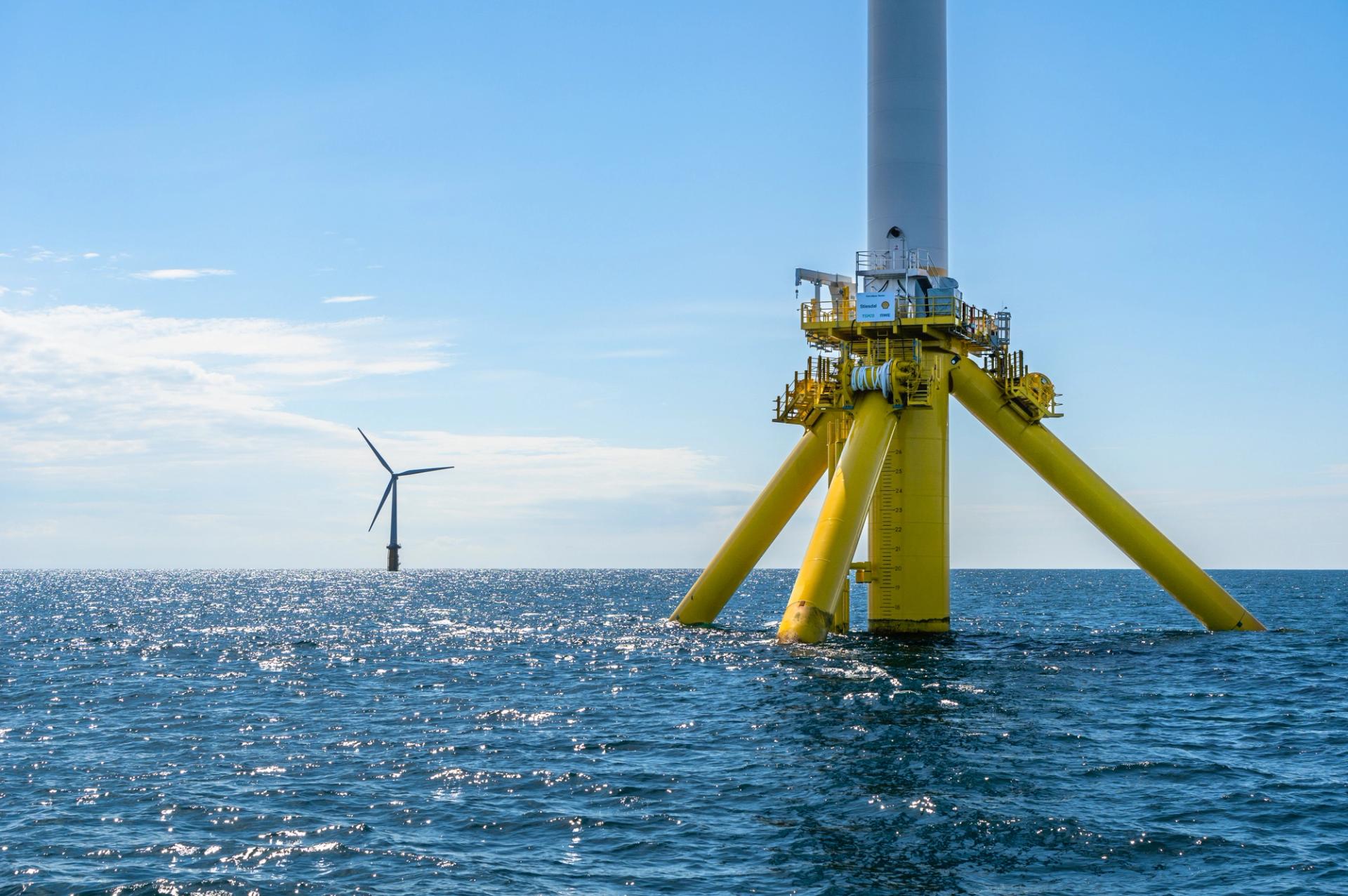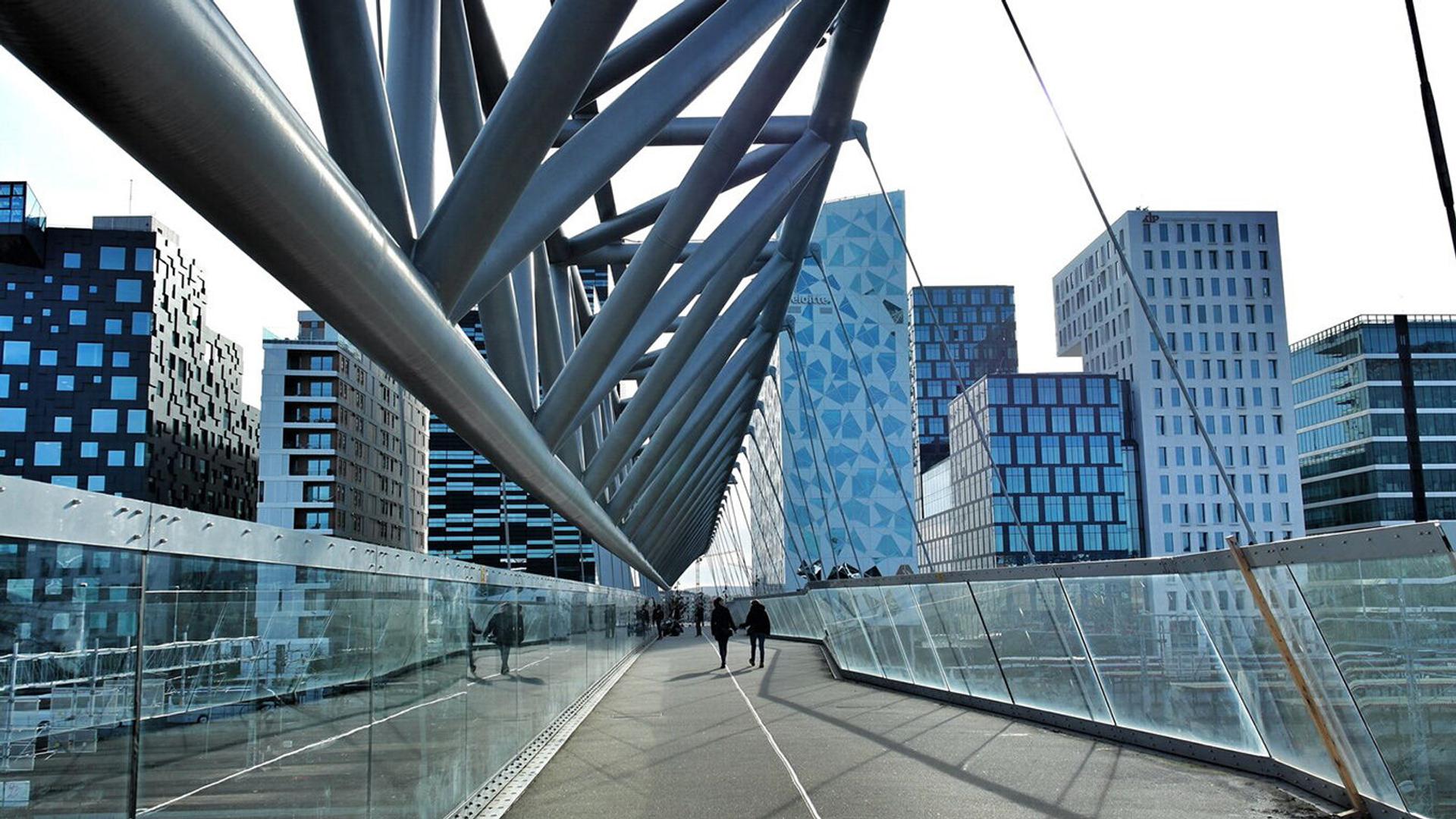
Why Norway is a great choice for international businesses
Published 5 Mar 2024 (updated 19 Dec 2025) · 4 min read
Norway is a country where nature inspires innovation, where equal rights foster social harmony, and where creative solutions solve global challenges.
Norway’s businesses leverage the country’s natural resources to produce goods and services that are green, efficient and competitive.
Norway’s society ensures that everyone has access to education, healthcare and welfare, creating a culture of trust, cooperation and diversity.
Norway is known for its cutting-edge technology, innovative solutions and high-quality services in various sectors, such as energy, maritime, hydrogen, batteries, aquaculture and ICT.
But Norway has much more to offer than that. It is also a good place to do business for other reasons. In this article, we will explore some of the benefits of choosing Norway when looking for solutions, partners, a workplace or investment opportunities.
Powered by clean, renewable energy
Norway is a leading hydropower nation. Ninety-eight per cent of Norway’s electricity is produced from renewables, mainly hydropower, giving energy-intensive industries the world's smallest carbon footprint. Norway has significant potential for wind power and solar power as well, both on shore and offshore.
Green electricity also enables the production of green hydrogen and ammonia, which can be used as zero-emission fuels for sea and land transport, among other applications. Norway is a pioneer in developing and deploying clean energy technologies and cooperates closely with international partners to share its expertise and experience.
Ultra-high health and safety standards
Norway has one of the highest standards of health and safety in the world, both for workers and consumers. Norway follows strict regulations and guidelines to ensure that its products and services are safe and reliable.
For example, Norway has a zero-tolerance policy for accidents and injuries in the offshore industry, which has resulted in a significant reduction of incidents over the years. Norway also has a strong focus on environmental protection and social responsibility, which means that its businesses operate with respect for the natural resources and the communities they affect.
Efficient, highly skilled workforce and industrial culture built on trust
Norwegian workers are trustworthy and well-educated, with a strong sense of autonomy and problem-solving skills, and widespread use of automation. As a result, companies can employ fewer workers in Norway, and many international companies find that labour costs are much lower than they assumed. Moreover, Norwegian workers are fluent in English, which makes communication and collaboration easier.
Norway’s industrial culture is built on trust, cooperation and a flat hierarchy, without excessive bureaucracy or micromanagement. Furthermore, Norway has a good work-life balance, with generous parental leave, flexible working hours and a high standard of living, which contributes to the well-being and productivity of its workers.
World-class digital infrastructure
Norway has world-class digital infrastructure, which enables its businesses to operate seamlessly and securely across borders and platforms. Norway has one of the highest rates of internet penetration and broadband speed in the world, as well as a high level of digital literacy and innovation. Norway is also a leader in digital transformation, with a strong focus on cloud computing, artificial intelligence, big data, the Internet of Things and cybersecurity.
Strong collaboration and partnerships, nationally and internationally
Norway has a strong tradition of collaboration and partnership. Norway’s businesses work closely with each other, as well as with research institutions, public authorities and civil society, to create synergies, share knowledge and foster innovation.
Norway also has a long history of international cooperation and trade, with a network of bilateral and multilateral agreements that facilitate market access and reduce barriers. Norway is a member of the European Economic Area (EEA), which gives it access to the single market of the European Union (EU). Norway’s businesses benefit from these connections and opportunities, as well as from Norway's reputation as a reliable and trustworthy partner.
High level of political and social stability
Norway has a high level of political and social stability, which creates a favourable business environment and reduces risks and uncertainties. Norway has a transparent democracy, with a strong rule of law, a low level of corruption and a high respect for human rights and freedoms.
Norway also has a robust and resilient economy, with a sound fiscal policy, a sovereign wealth fund and a competitive edge in key sectors. Norway’s social stability is also reflected in its low level of inequality, its high level of social trust and cohesion, and its comprehensive welfare system, which provides security and opportunities for its citizens.


.jpg?auto=format&w=1920&q=75)



